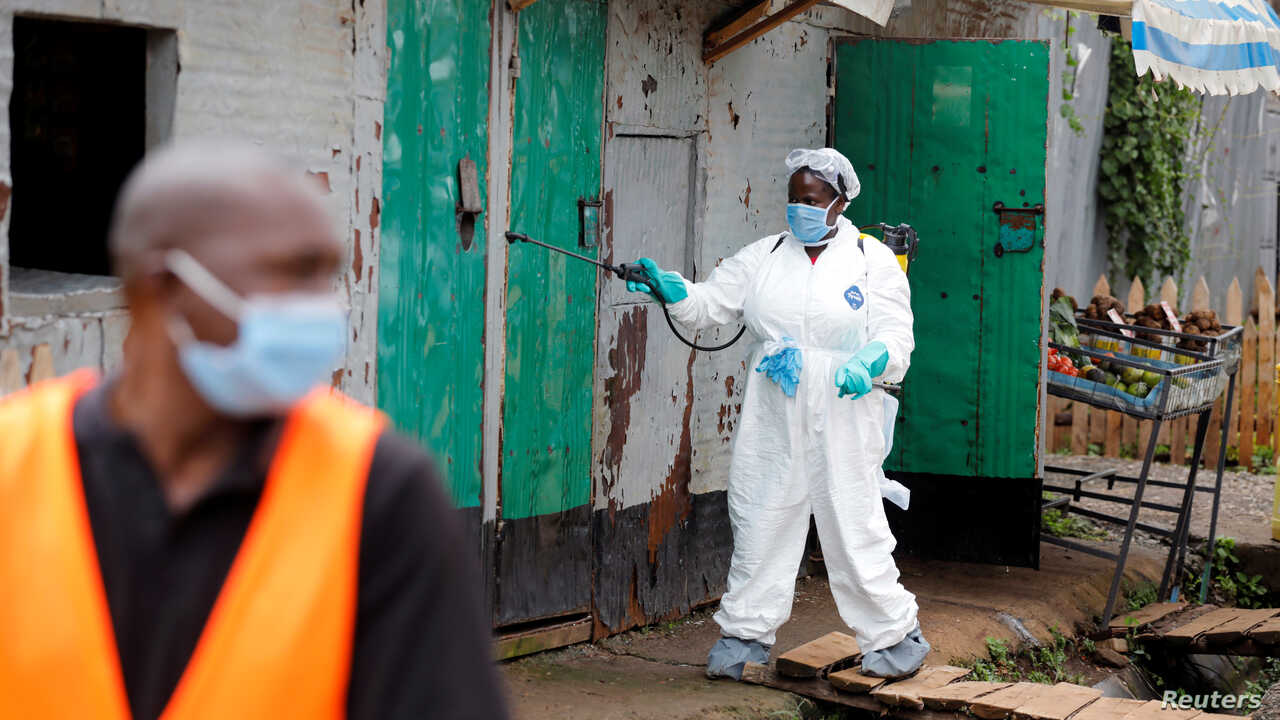Over past couple of months, COVID-19 has been wreaking havoc across the world. Inevitably, with her prominent position in the world, Kenya has not been spared. When the virus landed in Kenya on March 12 2020, it brought with it tragic consequences for the health and lives of millions of Kenyans.
Worse, it also upended the economy. Multiple businesses in various sectors of the economy were forced to temporarily close down to stem the spread of the virus. Others were forced to adapt new working arrangements because of increased occupational safety and health measures or because of other business disruptions.
As the economy went into recession, some of the worst hit sectors such as the hotel industry decided to stop business altogether because of the economic impact of changed consumer behaviour following government recommendations or decisions. Nairobi’s Tribe Hotel, Ole Sereni and DusitD2 were among the high-end hotels that stopped operations in the wake of travel restrictions and social distancing rules introduced by the government to curb the spread of the coronavirus. These included the shutting down of bars and nightclubs, and allowing restaurants to operate takeaway services only within specific hours during the day.
How Covid-19 battered Kenyan economy, fueled job losses
Restrictions on foreigners coming into Kenya exacerbated the impact. Some hotels at the Coast reported occupancy rates of between zero and 10 percent, against the normal 75 per cent. These hotels had their operations narrowed down to skeleton staff and cut off most amenities, including spa and gym. Meals were provided on a room service basis.
The latest of the hotels to shut down was the Radisson Blu which shut down operations in Nairobi’s Upper Hill two months ago in December. The economic injuries coronavirus meted out on hotels meant trickled down to the workers. Restaurants and clubs fired their employees en mass. “To mitigate some of the economic impact of the pandemic, coupled with the uncertainty of Radisson Blu Hotel Nairobi Upper Hill’s reopening date, we have had to make the difficult decision to reduce the size of our workforce at the hotel,” said a spokesman from Radisson Blu on why the business was downsizing.
According to a survey report from the Central Bank of Kenya that was conducted mid-November 2020 to assess the extent of recovery in the hotels, employment in the sector was averaging 53 percent when compared with the pre-Covid-19 levels.
However, the hotel sector was just the tip of the iceberg. Around the country, Kenyan businesses were facing serious challenges to their ongoing viability. Workers were forced to stay home, many of them in temporary or partial unemployment. At least one million Kenyans have lost their jobs or have been put on indefinite unpaid leave. According to findings that were released by Twaweza from two research briefs and data from Sauti za Wananchi, Africa’s first nationally representative high-frequency mobile phone survey, households which depend on casual work, generally concentrated in urban areas were by far the hardest hit by crises of food and income caused by the coronavirus.
The majority of job losses and unpaid leave came from businesses that were either collapsed or grasping for survival. Apart from scaling their workforce down, businesses also went for new work formula that included remote offices and fully fledged work from home arrangements. In addition, the majority of businesses went for loan restructuring to maintain their cash flow and stay afloat.
According to the Central Bank of Kenya, commercial banks restructured loans totaling Sh. 1.38 trillion. This also meant that banks as businesses would be returning losses or reduced profits. “While liquidity of the banking sector remains resilient, credit risk has been elevated with the ratio of non-performing loans rising to 13.6 per cent during the August-October 2020 period. Banks have restructured their loans books due to liquidity pressures on the borrower. This has affected lenders’ profitability which is something we had expected,” said CBK Governor Dr Patrick Njoroge said.
The CBK said lenders reviewed Sh. 1.29 trillion of business loans in the period to December 2020, with firms in the trade, manufacturing, real estate and agriculture topping the list of applicants for reliefs. About 21.3 percent of loans in the trade category were restructured followed by manufacturing sector (20.4 percent), real estate (15.4 percent) and agriculture (12.4 percent).









